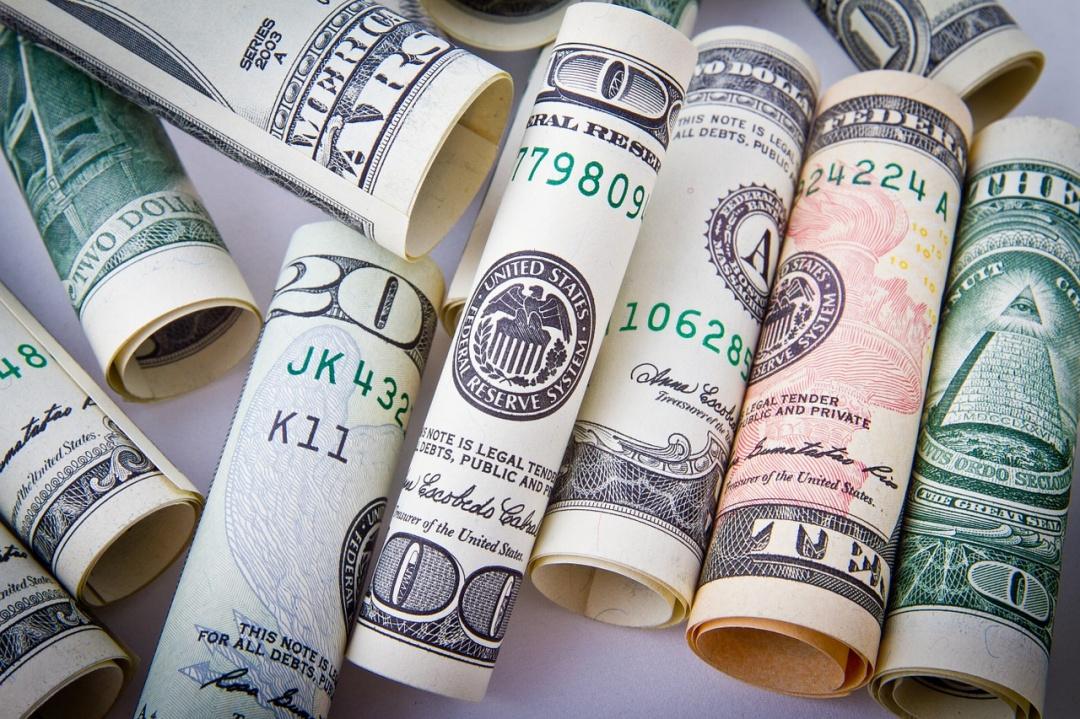Unexpected bills like emergency car repairs, unexpected medical expenses, or the replacement of a broken appliance can put a significant dent in your budget.
In order to prevent emergency expenses from derailing your financial plan, it is crucial that you save money to cover unexpected outflow. While it is not always easy to create an emergency fund, it can be done with the right approach.
1. Determine the amount
Determine how much money you would like to have socked away for a rainy day. Your goal may be something as simple as covering the occasional bill or it may be as elaborate as amassing enough money to cover several months of living expenses in the event of a job loss. It is up to you to decide.
2. Open an account
Even if you prefer to stash the cash in your sock drawer, realize that temptation may rear its ugly head when the money is that close at hand. Instead, open a savings account at a different bank from where you usually keep your money. You will not have instant access to the fund each time you enter the bank, but you’ll still be able to get your hands on it easily in an emergency.
3. Pay the fund regularly
Regular payments are the best way to grow your emergency fund. Treat these deposits as you would your regular monthly bills. Choose a day of the week or a particular date each month when you make a deposit to the fund and stick with it.
4. Stay out of the fund
Although you may be tempted to use your emergency fund for something fun and frivolous, do not do it. Remember that the emergency fund is there to save your behind when unexpected expenses arise.
You can just about bet that the week after you clean out your fund for an impromptu trip to the Bahamas, something will go wrong and you will wish you had that money.
5. Embrace slow growth
Do not get discouraged if your emergency fund seems to grow slowly. Remember the story of the tortoise and the hare. Even though the tortoise more slowly than the hare, his slow, steady pace won the race in the end. This is true for your emergency fund as well.
6. Work overtime
If your employer offers you the chance to work extra hours, jump on the opportunity. The additional pay that you earn working extra hours will plump up your emergency fund and allow you to make considerable progress as long as the overtime lasts.
7. Start a business
When overtime is not an option, or you would simply like to do something different, start a business on the side to generate extra income. Write short stories and submit them to publications that pay to print them, peddle cosmetics to your friends and family or sell handmade afghans that you have knitted yourself. Use the money you make to grow your fund.
8. Sell something
Look around your house, yard, basement, and garage to locate items that you no longer want or need. If you are like most people, you will probably find a plethora of goods that you can sell at a garage sale or in an online auction to generate extra cash that you can save for when disaster strikes.
9. Cut your expenses
Chances are, you probably incur nonessential expenses. Cut the movie channels from your cable bill, turn the thermostat down slightly during the cooler months and forgo the expensive coffee drinks that add up to considerable bucks. Put the extra money into the emergency fund instead.
10. Save unexpected windfalls
When you receive an unexpected windfall, instead of splurging at the mall, put at least part of the cash into your emergency fund. Sudden money that comes your way, such as an inheritance, a holiday bonus, or the winnings from a lottery ticket all represent found money that you can stash away.
Whether you make a little money or a lot, living paycheck to paycheck is never wise. Not only does an emergency fund protect you in times of trouble, it offers you the peace of mind of knowing that you are prepared when something does come up.








Comments